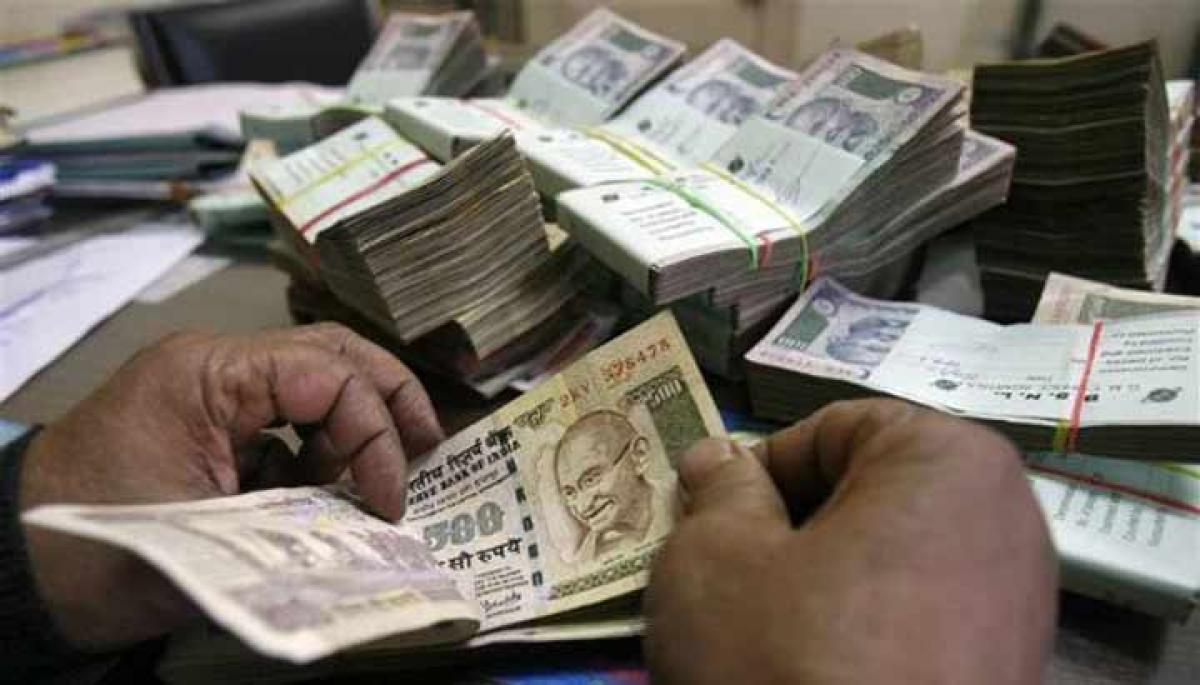Live
- NCB, Gujarat ATS seize 500 Kg of drugs in joint op in Porbandar
- Senior citizens of all states to get 25pc bus fare concession in Andhra
- India’s total exports likely to surpass $800 billion in coming months: Industry
- Almost half of injury-related hospitalisations in Australia caused by falls: Report
- Tribals ignored by past regimes, remain top priority in NDA govt: PM Modi in Jamui
- South Korea: Opposition leader sentenced to suspended prison term for violating election law
- Ajinkya Rahane to lead Mumbai in Syed Mushtaq Ali Trophy
- My thought process and motivation have always been team first: KL Rahul ahead of IPL 2025 auction
- 'You’re going to get dropped': Warner issues warning to Fraser-McGurk after dire ODI campaign
- Kartik Purnima 2024: Key Guidelines to Observe for a Blessed Day









